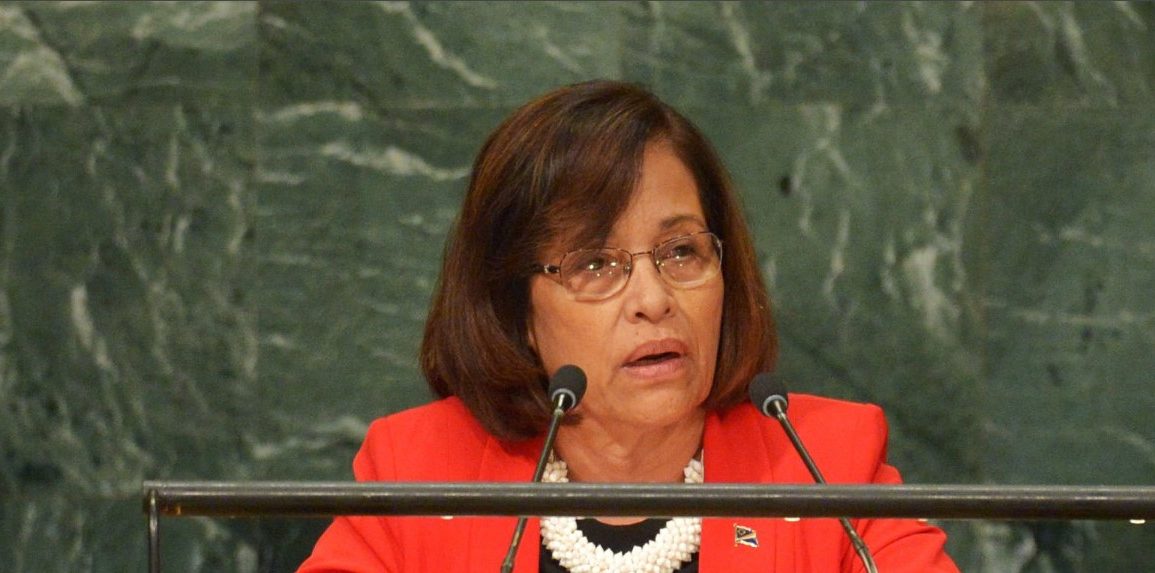Australian Prime Minister Anthony Albanese’s recent briefing to Pacific island leaders on Australia’s bid to co-host the 2026 UN climate summit was met with pointed criticism.
The president of the Marshall Islands, Hilda Heine, publicly challenged Australia’s commitment, insisting that a true partnership with the Pacific requires demonstrable efforts in addressing climate change.
At the Pacific Islands Forum (PIF) summit in Nuku’alofa, Heine’s diplomatic tone quickly shifted to a demand for substantive action.
“Action starts at home,” she declared, emphasizing that the Pacific demands not just pledges but tangible results from Australia in transitioning away from fossil fuels.
This call for action was echoed by Tuvalu’s climate minister, Maina Talia, who labeled fossil fuel expansion as “immoral and unacceptable.”
Climate advocates and leaders from the Pacific are growing increasingly impatient with Australia’s pace on climate commitments, despite the nation’s bid to elevate Pacific voices in the upcoming summit.

Australian officials have highlighted their ambition to transition to renewable energy and cut emissions by 43% by 2030. However, critics argue that continued investments in fossil fuel projects undermine these goals.
Alisi Rabukawaqa of the Pacific Climate Warriors network expressed frustration with what she termed “fluffy stuff”—the ceremonial aspects of the climate summit—calling instead for concrete action.
The urgency of the situation was palpable at the forum, with Pacific leaders expressing a sense of desperation as they face the dire impacts of climate change.
Tim Flannery of the Climate Council noted that the Pacific islands are running out of time to address rising sea levels and extreme weather events.
While Australia has made some commitments, such as issuing visas for residents of Tuvalu and supporting climate adaptation efforts, the gap between promises and progress remains a critical issue.
The upcoming decision on the summit’s host, expected at the Cop29 summit in November, will be a significant test of Australia’s dedication to a genuine partnership with the Pacific.
In the face of these challenges, the Pacific islands’ calls for action serve as a stark reminder that effective climate leadership requires more than just words—it demands transformative changes and accountability from global partners like Australia.

